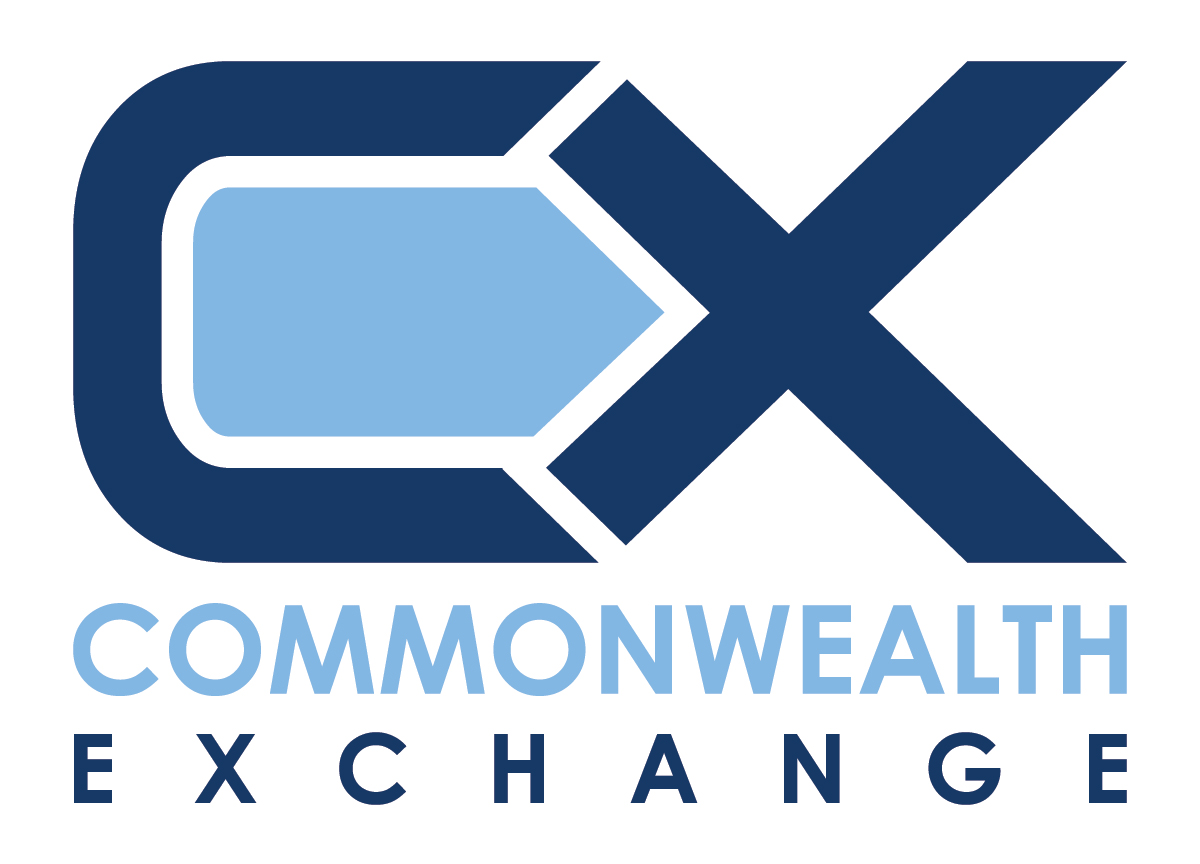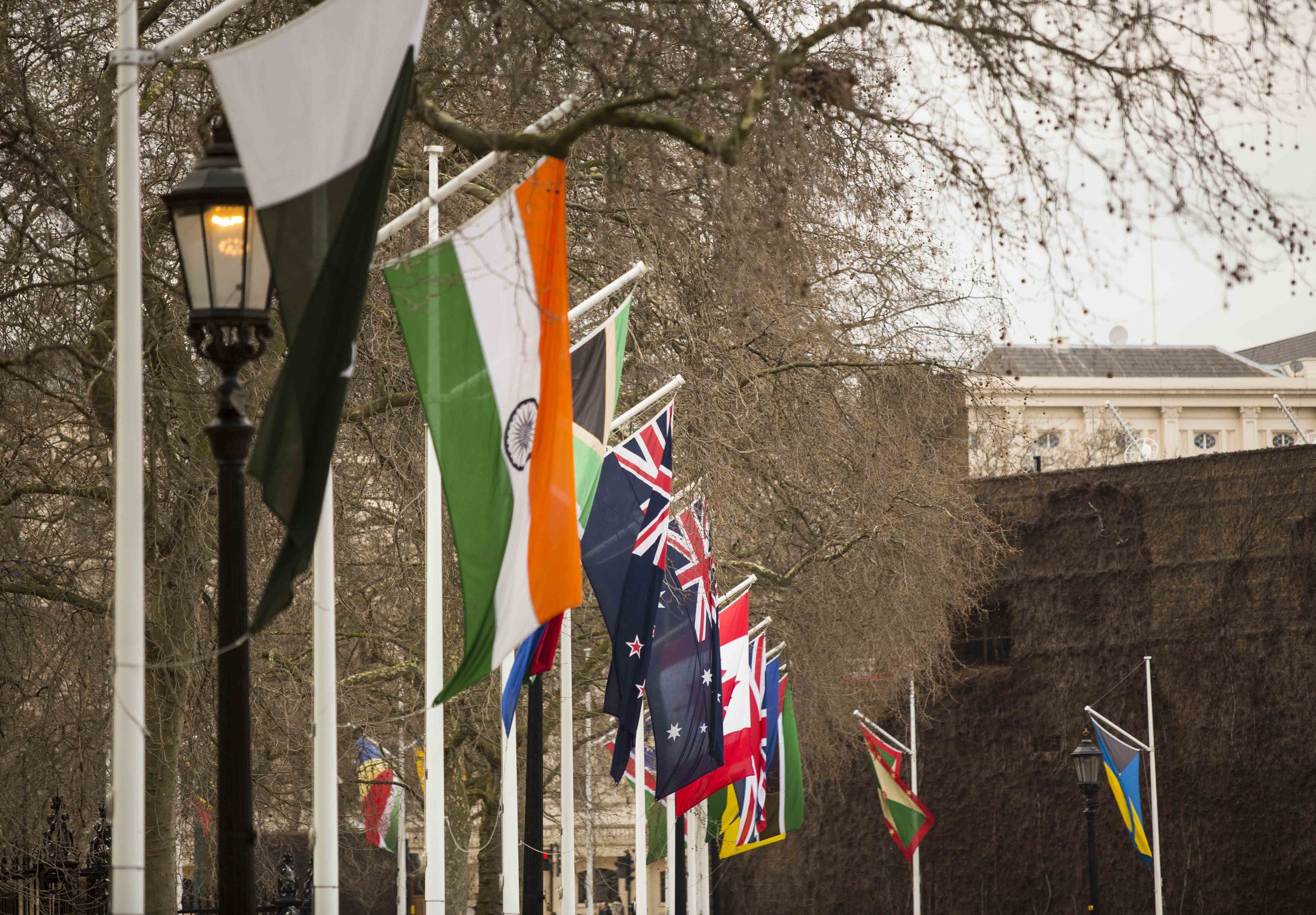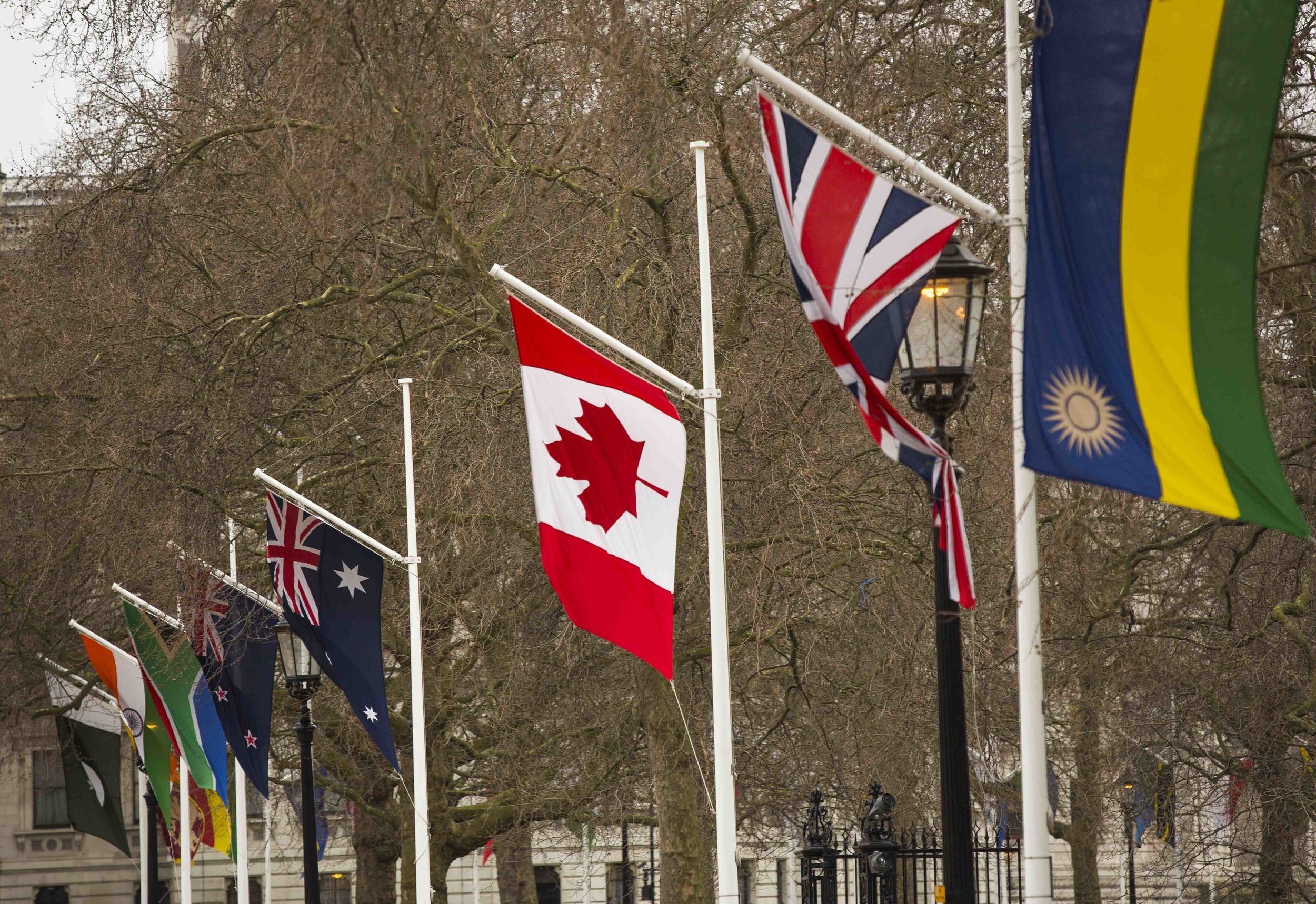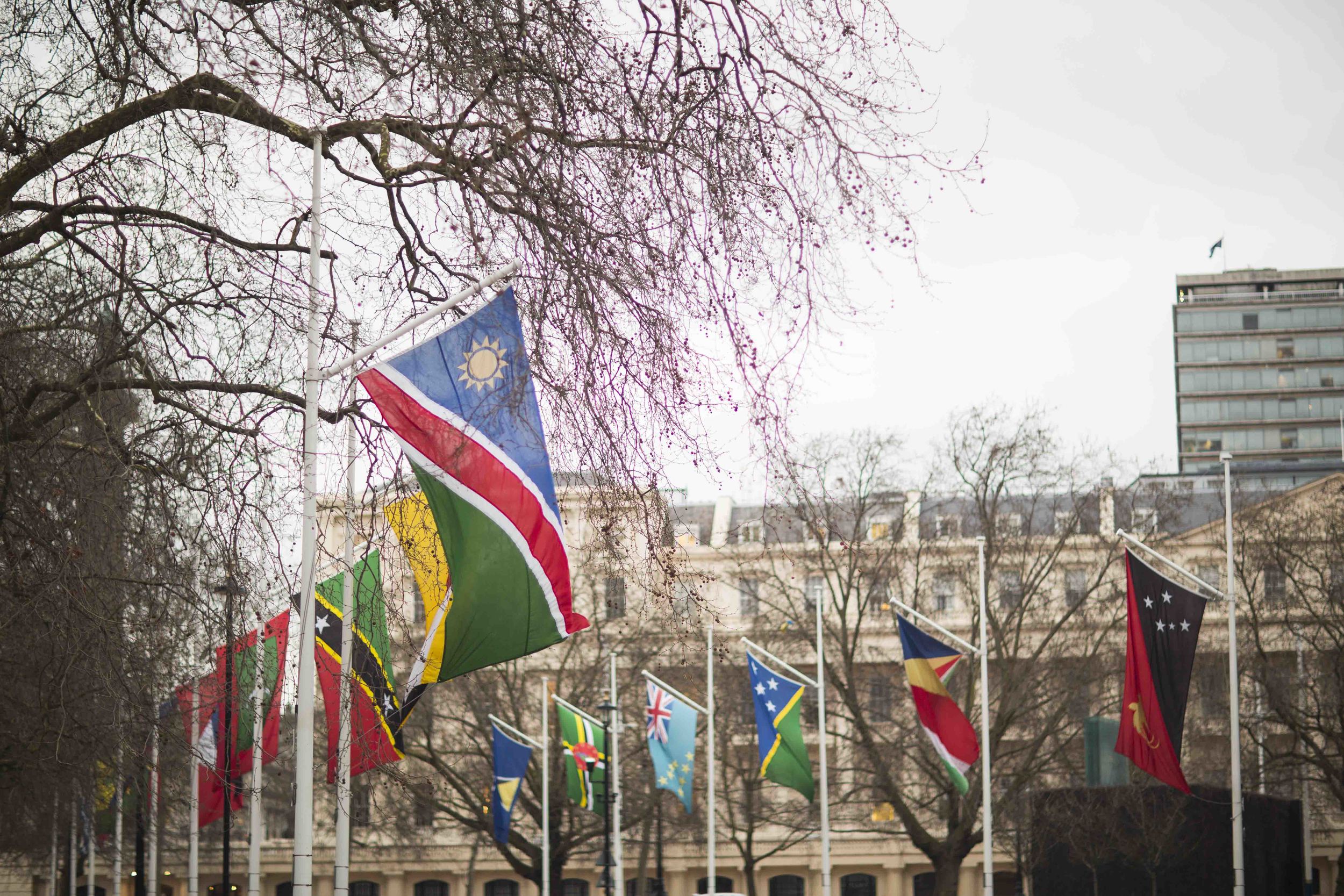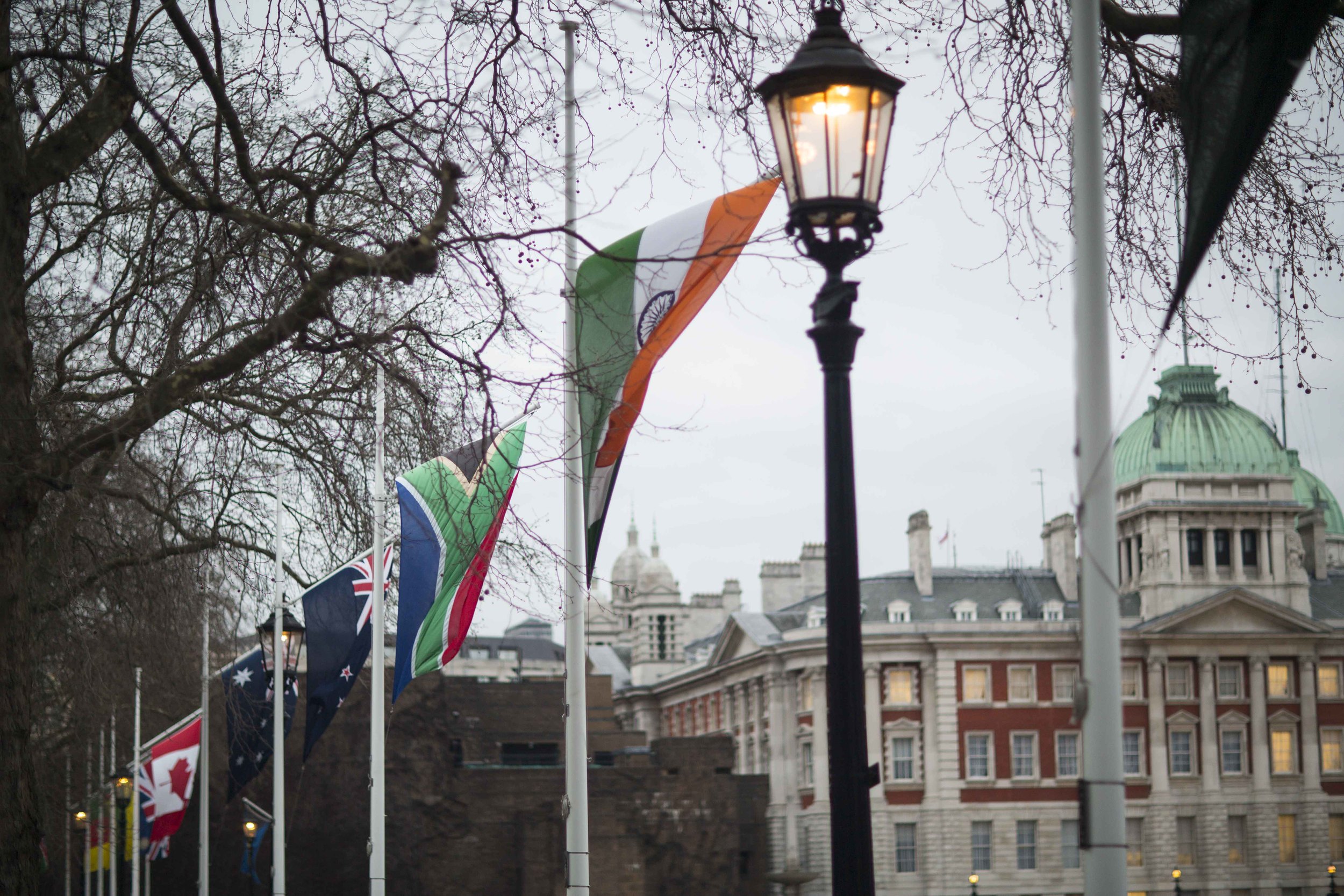The UK's Foreign Secretary has delivered a fantastic speech in Singapore highlighting our close links, promoting the Commonwealth, and making the uncompromising case for more free trade.
Too often, even when the links that bind member states together are recognised, they are seen only in the bilateral sense, and not as part of the incredible network of networks that is the Commonwealth. It's great to see the Foreign Secretary explicitly recognising this and following on with his predecessor's pledge to put the 'C' back in FCO.
You can read the full speech here but we've collected some of the highlights below.
On our shared history:
"We have been part of the Singapore story for two centuries. Along with Australia and New Zealand, two of the stops on my current trip, our history is so closely interwoven that we have ties which the oceans cannot loosen."
“Our historical, cultural and commercial links mean the UK already enjoys thriving ties with the Asia Pacific region.”
On the Commonwealth diaspora in the UK:
Britain boasts a leading financial and creative hub, one of the world’s few truly global cities and is home to many vibrant Asian communities: 37,000 UK residents were born here in Singapore; 175,000 in Australia and New Zealand combined;
On the rule of law:
"In the UK, in the Commonwealth, and beyond, it has had a profound impact in the development of the rule of law, strong institutions and accountable government on which our societies have built enduring prosperity and stability. Nowhere is this truer than here in Singapore where there is a close correlation between the rule of law and the prosperity generated by global investment."
“These shared traditions bind the wider region, and beyond. Indeed, judges from the UK, Australia and New Zealand sit on the Court of Final Appeal in Hong Kong, where the rule of law has been a fundamental component of continuing economic success.”
On our shared values and language:
"Geographical distance has been no barrier to the development of shared values between the UK and countries in the region. With three of the countries that I am visiting – Singapore, Australia and New Zealand – we not only share a common language but common law traditions and Commonwealth membership as well. The same applies, of course, to India – that giant of democracy and integral part of the rising Asia story."
"We share with you in Singapore the worldwide language of business, science and engineering."
"It is a convenient truth that human rights, prosperity and security are mutually reinforcing. For example, the free flow of ideas and innovation - the life-blood of economic growth coursing through the veins of the free Asian nations, is a driver of economic growth, and a key differentiator in favour of democracy."
On free trade:
"Free trade is in Britain’s DNA and that is the code that is unlocking prosperity across the Asia Pacific region. So it is in all our interests to maintain the momentum behind trade and investment liberalisation in the region."
"[It is] bringing new levels of prosperity to the people of this continent; new opportunities for global trade; and higher standards of living for all."
On defence
"Britain is also a party, alongside Singapore, Malaysia, Australia and New Zealand to the Five Powers Defence Arrangements – still the only formal multilateral defence arrangements in South East Asia."
“That means we are ready and able to mobilise in support of Asia Pacific allies friends and partners… As we did in response to Typhoon Haiyan, facilitated by the Royal Naval presence here in Singapore and again when the world came together in search of missing Malaysian airliner MH370.”
On trade and investment between the UK and Singapore:
“the fundamentals have never been better for flourishing trade and investment relationships between the UK and the Asia Pacific region. The statistics tell the story: in Singapore alone there are over 1,000 British companies.
On the UK as a Commonwealth gateway to Europe:
"Nearly three quarters of Singapore’s investment into the EU goes to the UK."
“I hope the EU and Singapore will match this by implementing the FTA between them in the very near future. It should be the precursor to... further FTAs with Asia Pacific economies, including Australia and New Zealand.”
"Britain’s economy is on the move too. Ambassador, you said in your introductory remarks that Britain was the world’s sixth largest economy and I don’t often engage in Schadenfreude with my French neighbours, but we are now the world’s fifth largest economy!"
“few western countries can claim to know Asia as well as Britain.”
And finally, on the future of our relationships:
“the UK Government has not and will not let itself be distracted from the importance of building strategic relationships for Britain across the Asia Pacific region which are fit for the 21st Century.”
“The threats we face together as challenges to our common prosperity, to the values that bind us, and to civilisation itself can only be overcome through the kinds of partnership the UK is already developing across this region”
“The UK and the countries of the Asia Pacific region are already working as partners for a safer and more prosperous world. But I firmly believe the best is yet to come; that the most important chapter of our shared history is the one we are about to write together.”
